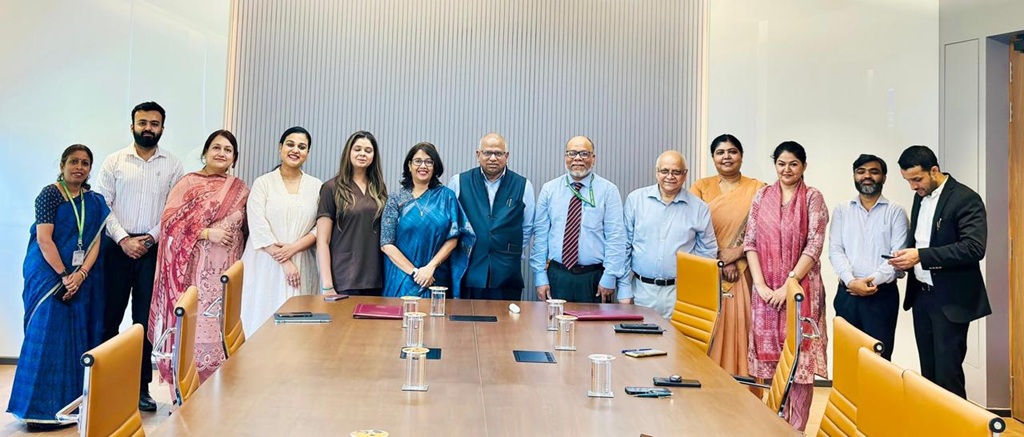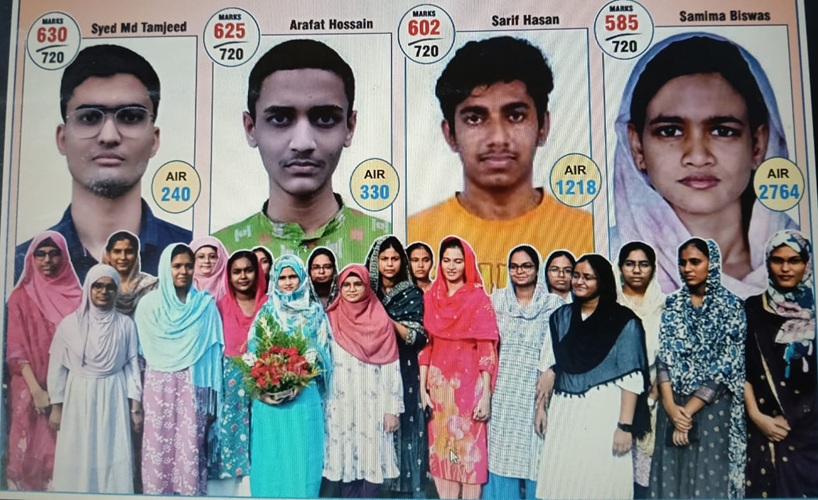ALMATY, Kazakhstan – Khaled Al Aboodi, the CEO of the Islamic Corporation for the Development of the private sector (ICD), a member of Islamic Development Bank Group, attended the meeting of coordination council of the Financial and Banking Association of Member Countries of the Cooperation of Shanghai. The main objective of the meeting is to enhance collaboration and attract financing and investments in member countries of Cooperation of Shanghai.
Al-Aboodi addressed the participants and delivered a presentation on ICD’s activities, products and services. He also presented the different Islamic modes of finance and highlighted ICD’s operation mechanisms in its member counties. A proposal was made to enhance collaboration by signing a strategic MOU between ICD and the Association to promote economic development and encourage the flow of investments between member countries through the creation, expansion and modernization of institutions and private sector companies.
Moreover, Al-Aboodi had also a meeting with the Governor of East Kazakhstan Oblast Berdibek Saparbaev
During the meeting, Berdibek invited ICD and its network of investors to explore various investment opportunities that exist in the region especially in agriculture and agri-business, logistics and transport sectors. ICD has indicated its interest to look at examining the specific projects that were presented by the Governor for the purpose of investing or financing them if they are in line with ICD’s investment guidelines. In addition, Al-Aboodi affirmed that the first ICD’s sponsored investor from UAE is scheduled to visit the region during the first week of June 2014. The objective of the visit is to study the possibility to establish a Halal Food Hub for Central Asia Region, Russia and China in collaboration with leading strategic investors such as Emirates Future (UAE). ICD and Emirates Future signed a MoU recently for establishing a strategic partnership in order to develop the halal food industry in the world. In addition, they aim to improve halal food quality and reliability by using the latest food technology, agricultural research and certification systems around the world.






0 Comments